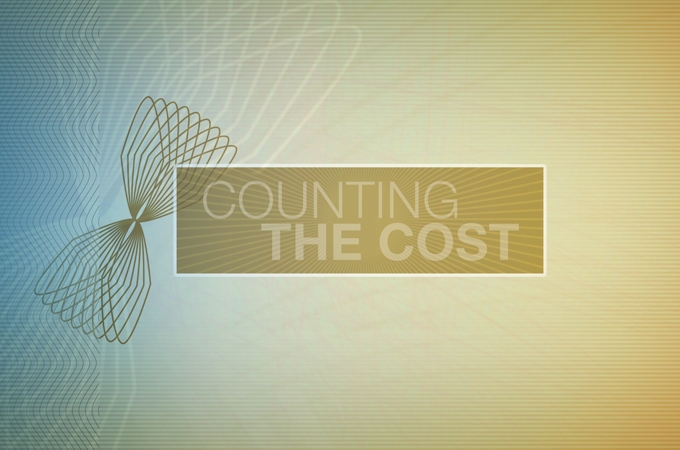
Myanmar: A land of opportunity?
We look at the winners and losers of the country’s political and economic reforms.
Reclusive and sealed off during its five decades of military rule, Myanmar is now in the throes of democratic and economic reforms, which – if analysts are to be believed – could completely transform the country.
According to McKinsey Global Institute Myanmar’s economy could quadruple in size to $200bn, with annual growth of 8 percent by 2030,
Keep reading
list of 4 itemsBoeing hit with 32 whistleblower claims, as dead worker’s case reviewed
US imposes new sanctions on Iran after attack on Israel
A flash flood and a quiet sale highlight India’s Sikkim’s hydro problems
To actually get to that point, it is going to need to spend an estimated $320bn. But the rewards for the people could be huge: 10 million non-farm jobs could come from all that investment – in a country that right now depends on agriculture.
Neighbouring China has invested $14bn, representing one-third of all foreign investment in Myanmar.
And despite sanctions over the last 30 years more than $20bn have been invested in Myanmar’s natural resources projects. Japan has written off nearly $2bn in debt from past loans and is contributing more than $500mn for infrastructure projects.
But some critics say the rush by foreign governments and companies to start doing business in Myanmar is happening too quickly. Even with the US and EU praising the reforms and sanctions being lifted, there are still many challenges facing the country.
Many political and social problems remain, including ethnic tensions between Buddhists and Muslims which are not being fully addressed; youth unemployment, a throwback to an era when higher education was discouraged; and land grabs – many people had to move to make way for the new city and some are still waiting for compensation for land they lost.
Can Myanmar solve its social and political problems? Can business actually be part of the reform? And what is the key to moving forward economically and politically?
To discuss this, Counting the Cost is joined by experts: Tony Fernandes, the CEO of the budget carrier Air Asia; Heang Chhor from the McKinsey Global Institute, which has produced one of the most comprehensive economic reports on Myanmar; Sean Turnell from Macquarie University in Australia, who looks at the country’s political change; and Helen Clark, the head of the UN Development Programme.
|
